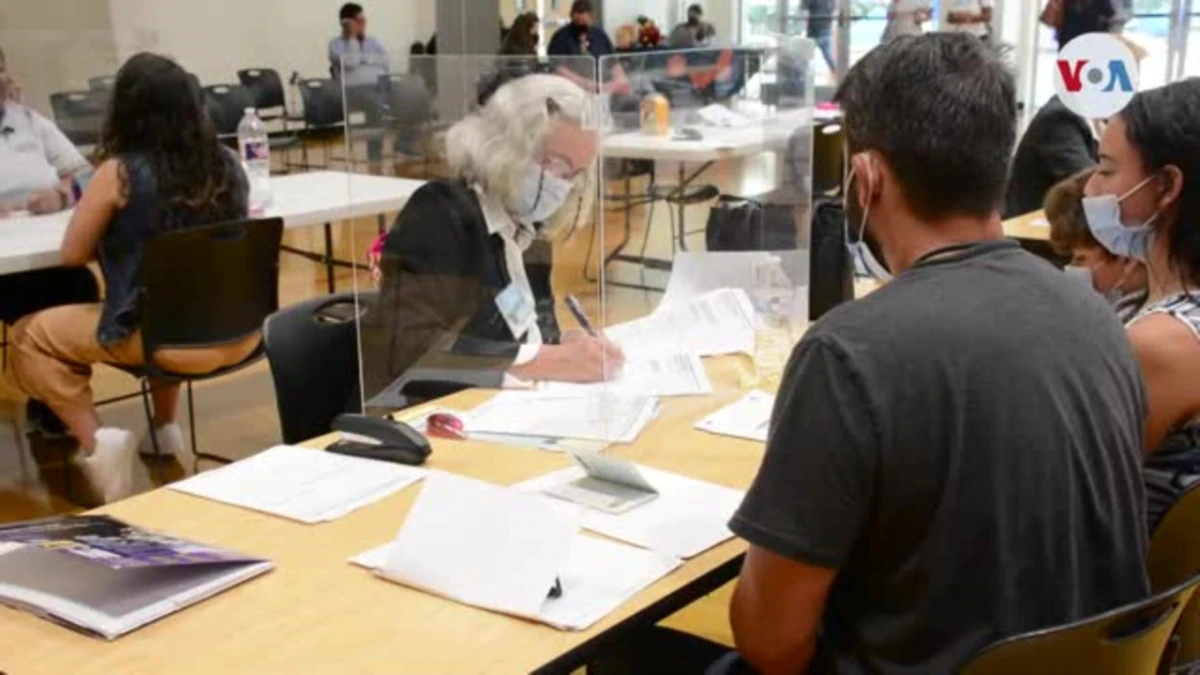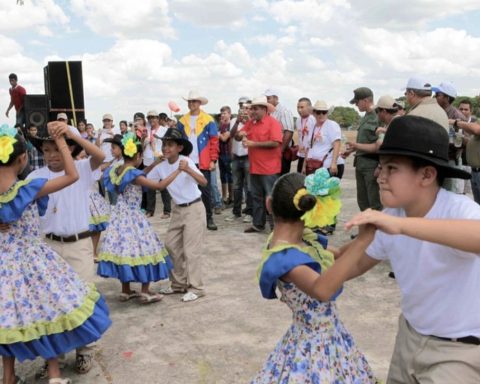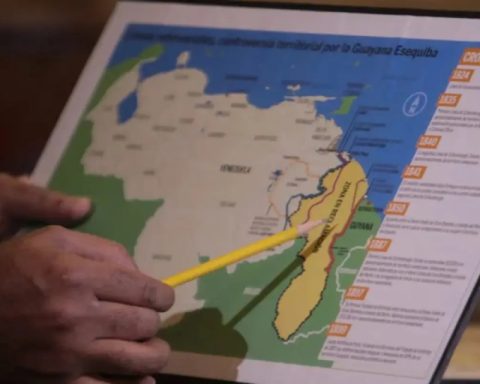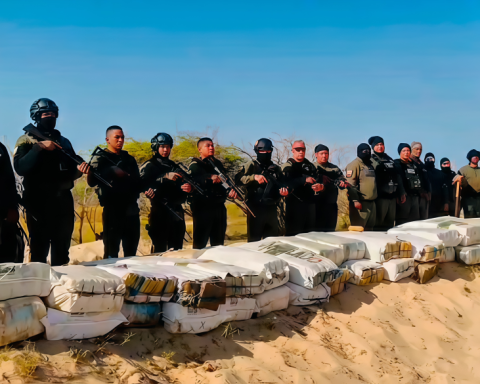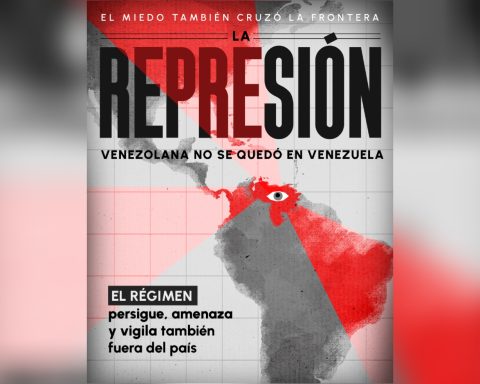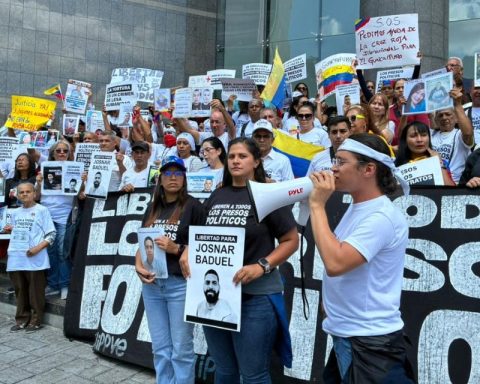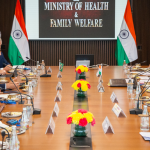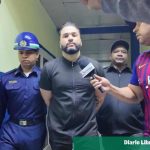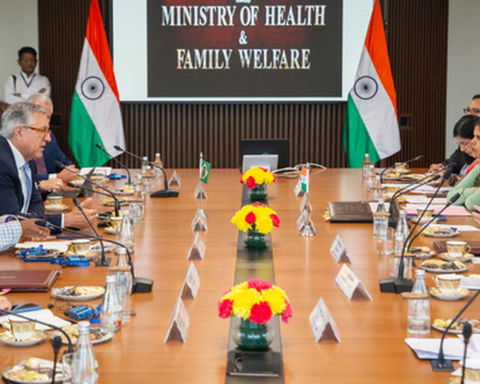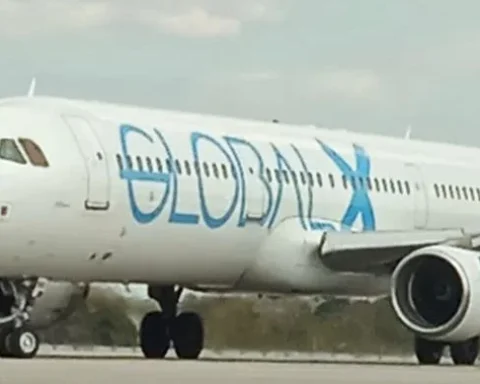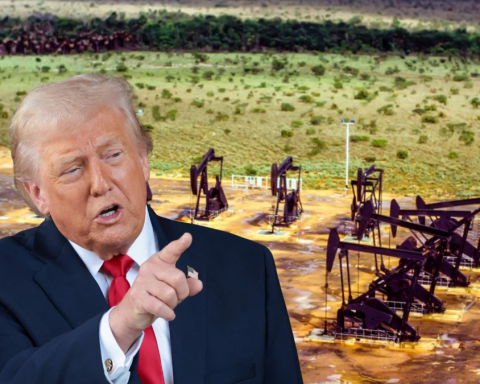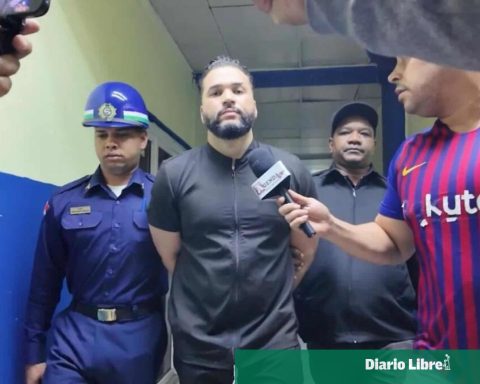Among them is the Venezuelan community that already has more than half a million inhabitants in the United States, where more and more elderly people are packing their bags in search of reuniting with their relatives on the other side of the Caribbean.
But what options do they have to enter and settle in the United States?
According to Gunther Sanabria, an immigration attorney, “there are legal options for the elderly. They come and apply for asylum. For example, at the border they are not detaining them, they are not leaving them inside the immigration prisons. So, there is some help out there for his medical condition, high blood pressure, illnesses, no, they are still accepting them.”
However, the path to follow, once on US soil, would not be without obstacles. And it is that, according to the public charge law, migrants who seek to achieve an adjustment of status, either to obtain a residence card or even citizenship, must demonstrate to the government that they are not a burden to the country. A cumbersome process that, according to immigration lawyers, has its exceptions.
“If you are in an asylum or DACA or TPS, there are financial aids that do not harm you, do not put you in danger. So, the definition of public charge has been greatly reduced to people who are applying, for example, to benefits that are only, only for citizens, “says Sanabria.
According to the United Nations Office of Economic Analysis and Social Affairs, in 2020 alone the mobilization of more than 1,120,000 people over the age of 65 from the countries of Latin America and the Caribbean was recorded. The experts assure that among the most immediate services that these citizens require is the right to medical assistance.
According to lawyers such as Gunther Sanabria, “in the United States, a hospital cannot deny a person medical assistance because of their legal status, and that is very clear in all hospitals and clinics. Apart from that, some cities, for example, Washington DC allow you to take out health insurance for all its residents after a certain time.
But beyond their legal status and adaptation to the country, there is another area that often remains invisible: the mental health of older adults. Psychologists warn of the difficulties these people face once they land in their new home. The readaptation with the members of their families, they assure, can play an important psychological factor.
“Of course, it can be extremely difficult because he still comes with a lot of desire to be with his children again, to be here. But they can get depressed by being alone for so long, for example, or not being part of the routines”, warns the clinical psychologist Gabriela Romo in an interview with the voice of america.
This specialist comments that to the natural problems of adaptation to a new way of life that implies the uprooting of what they know and what they are used to, there would be the language barrier and the generational gap between grandparents and grandchildren.
“I have seen that there are grandchildren who no longer even speak the language of their grandparents, which then means that there is no communication. I mean, and possibly they understand it, but they can’t speak it well. No, that also happens a lot. So that’s where it breaks, right? That bond of grandparents, who in our culture have played an important role, in fact, in raising, not the children, but the grandchildren, “says Romo.
Despite the large population of Venezuelans in Miami, according to the Census Bureau, New York and Los Angeles are the cities with the highest number of Hispanics in the country, places that have become a haven for older immigrants from Latin America in which they can feel a little safer, at least by being able to continue using Spanish.
Connect with the Voice of America! Subscribe to our channel Youtube and turn on notifications, or follow us on social media: Facebook, Twitter and Instagram.
